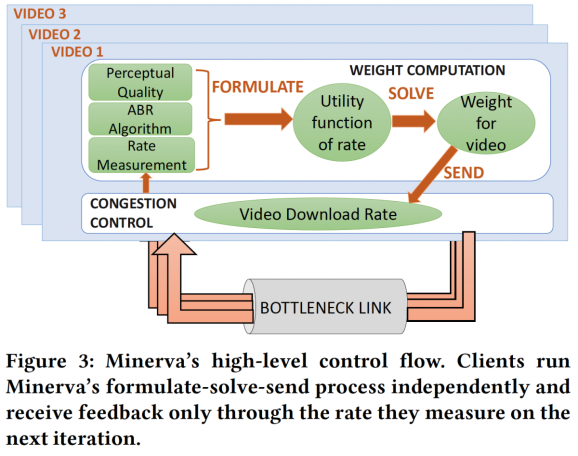
It is not uncommon for the whole family to have Wi-Fi devices such as smartphones and tablets. However, if all videos are played in the Wi-Fi environment in the home, sometimes the playback quality is degraded or a lag screen is displayed and buffering does not end.
This may be caused by simply dividing and allocating bandwidth when Wi-Fi processes multiple communications at the same time. For example, a sports broadcast with an intensely moving screen requires a lot of video streaming bandwidth. On the other hand, there is a tendency that the image quality is less affected even in a relatively narrow band in animations with few frames with many solid colors.
MIT’s CSAIL (Computer Science and Artificial Intelligence Laboratory) research team analyzed the bandwidth required to obtain sufficient image quality before playing video streaming, and developed Minerva, an end-to-end protocol that enables playback in the same Wi-Fi environment with optimal quality. Developed.

Mineraba analyzes how much throughput is required for the video you want to play and allocates it accordingly. Accordingly, it is possible to efficiently use the entire bandwidth without deteriorating the external image quality as much as possible. In addition, since the throughput required for a video changes over time, Minerva continues to analyze the video during playback.
MIT professor Mohammad Alizadeh said that if all five people in the home stream a video at once, Minerva analyzes how it affects different video download speeds. Using this information, we provide the best quality for each video without compromising other user experiences. I explained.
In actual tests, Minerva said that it was able to cut the buffering time in half and improve the quality of 720p playback for one-third of the total to 1080p. This protocol structure is not a Wi-Fi unit. For example, it is also possible to share the connection to a regional unit that provides the Internet. Since it does not require any network equipment changes, it can be said to be a useful technology for companies with video streaming viewers such as Netflix and Hulu. Related information can be found here .

